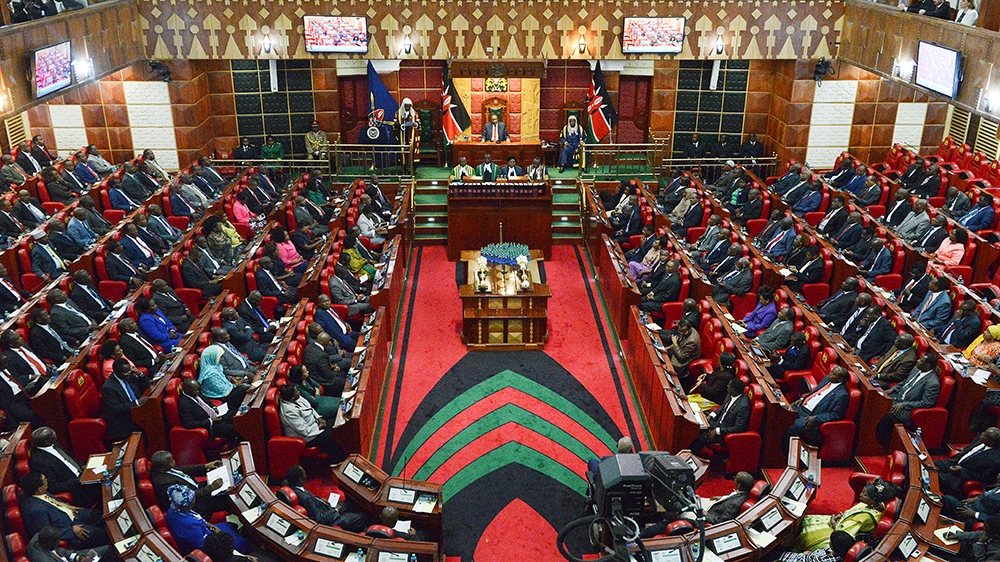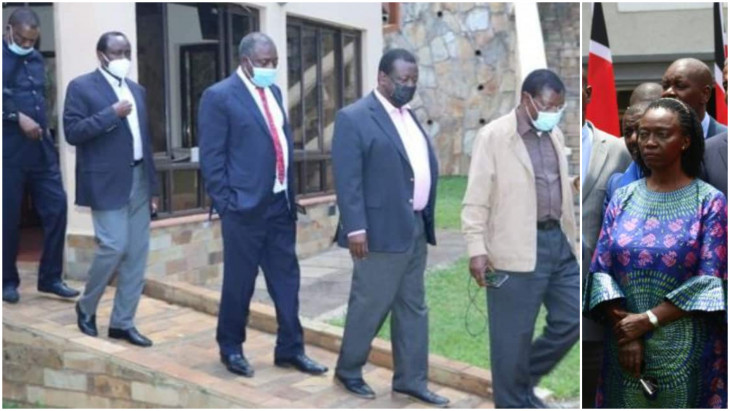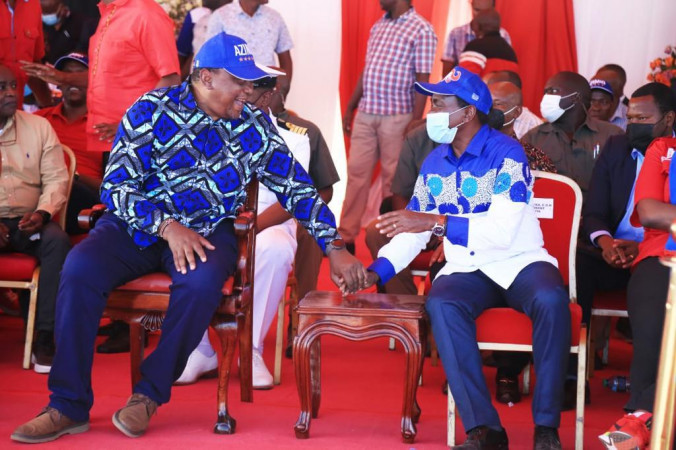Politics: Challenges of building political coalitions in Kenya

The emergence of political coalitions has become a world-wide phenomenon.
Although the coalition’s nature, composition and life expectancy vary from country to country, the basic reasons for the rising popularity of a coalition remain more or less the same.
Generally, the coalitions are formed on account of one of the following reasons: First, no single political party in Kenya today is able to secure a working majority in the bicameral House.
Under these circumstances, a number of likeminded political parties form a coalition to provide a workable majority and run the government.
Secondly, in a multiparty system a deadlock may be created due to even balance between two or more political parties.
This may lead to one of the two parties allying itself with a minor group such as neutrals or defectors to tilt the majority in its favour.
Thirdly, a coalition may be necessitated by a national crisis when various political groups may suspend their political strife and collaborate in the general cause of protecting and promoting their national interests.
The alliance of regional and national parties as witnessed in Kenya today helps in serving diverse interests of people from every region.
Governance by consensus forms the framework of a coalition government. It is an example of power sharing where larger interests and long-term goals are kept in mind and the usual reason for such an arrangement is that no single party has achieved or is capable of achieving an absolute majority after an election.
Although multiparty systems have led to coalition governments, coalitions are getting harder to form because of the mistrust among the potential coalition partners due to lack of clear provisions in coalition agreements and unwillingness from some coalition partners to respect coalition agreements.
Coalition payoffs as the end goal of political negotiations are also becoming extremely difficult to arrive at.
Whether policy or office, political parties aim for benefits in exchange for supporting a government or partners in government formation.
The results are not always intuitive with the highly coveted roles in government distributed to members from the larger parties in the coalition and therefore, a coalition government will always remain in pulls and pressures particularly in a multiparty system like ours.
The Political Parties Act, 2011 provides in section 10 that, two or more political parties may form a coalition before or after an election and shall deposit the coalition agreement with the Registrar of Political Parties.
At the centre of controversy in the Political Parties (Amendments) Bill, 2021, is the proposed amendments to the principal Act that inserts new definition of Coalition Political Party inter alia.
Clause 8 of the Bill proposes to amend section 10 of the Act to provide for formation of a Coalition political party agreement to the Registrar which shall be submitted at least six months before the general election.
While members of Parliament allied to President Kenyatta, Raila Odinga, Gideon Moi, Musalia Mudavadi and Kalonzo Musyoka are in support of these amendments, those allied to Deputy President William Ruto are strongly opposed to the Bill arguing that it favours the formation and consolidation of Azimio La Umoja Movement and One Kenya Alliance, which are likely to be at the centre of competitive politics where regional negotiations are key in the formation of the next government.
Coalitions are at the heart of all politics, and this is nowhere truer than in the field of development where they play a significant part in overcoming the pervasive collective action problems that define most challenges of development.
But what brings coalitions into being? What factors shape successful ones and, particularly from a developmental point of view, what facilitates the emergence and success of “developmental coalitions” that promote sustainable growth, political stability, and inclusive social development, rather than predatory or collusive coalitions?
These are the questions that the coalition builders for 2022 elections will be answering in the next three months. — The writer is the Political Affairs Secretary, Kanu















